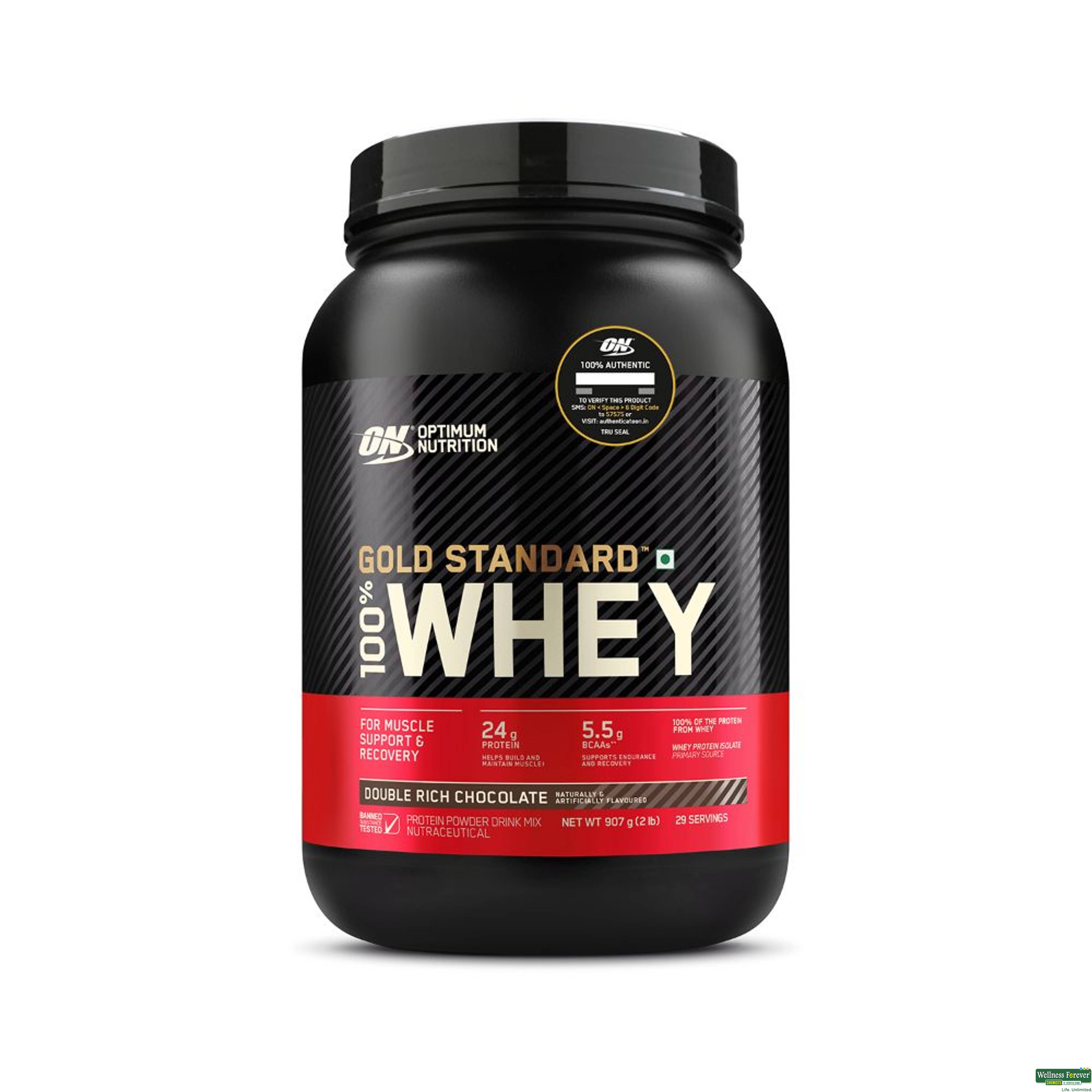Proteins
FILTERS
Category
Brands
OPTIMUM NUTRITION
6
OZIVA
3
ENSURE
1
LITTLE JOYS
1
MUSCLEBLAZE
1
RESOURCE
1
YOGA BAR
1
Flavours
Double Rich Chocolate
3
Vanilla
2
Chocolate
1
Sort By
Proteins

Oziva Daily Protein Active For Women Chocolate 300g
₹899
Delivery within

On Whey Protein Double Rich Chocolate 152g
₹899
₹809
10% Off
Delivery within

Yoga Bar 10g Protein Bar Choco Chip 50g
₹100
Delivery within

Resource Active High Protein Shake Vanilla 400g
₹699
Delivery within

Oziva Daily Protein Active For Men Chocolate 300g
₹899
Delivery within








